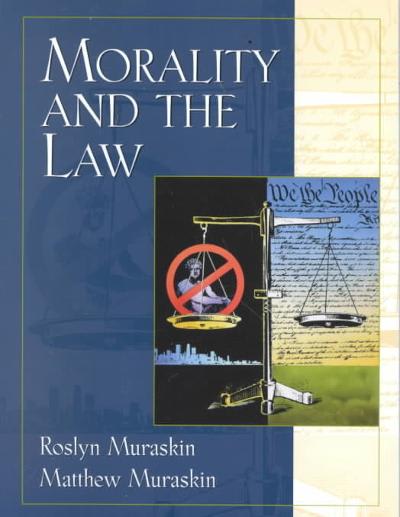Question
Section 3. Live rabbits not to be introduced A person shall not bring into Western Australia any rabbit unless they are a holder of a
Section 3. Live rabbits not to be introduced
A person shall not bring into Western Australia any rabbit unless they are a holder of a permit granted by the Minister under this Act.
Maximum penalty: Imprisonment for 12 months.
Section 4. Duty of owner
Every owner shall construct and maintain a rabbit proof fence at the boundary of any holding of agricultural or commercial land known to contain rabbits.
Maximum penalty: A fine of $5,000
Section 5. Prohibition on keeping or selling live rabbits
An owner shall not keep, or have in their possession or under their control, or cause or permit to be kept in or upon any place whatsoever, or sell or barter any live rabbit unless they are the holder of a permit granted by the Minister under this Act.
Maximum penalty: A fine of $3,500
Section 6. Minister may grant permit
The Minister may grant to any owner a permit in writing to do all or any of the following, subject to inspection:
(a) bring into Western Australia any live rabbit;
(b) keep or have in their possession or under their control in or upon any place any live rabbit for commercial activities or other industrial purposes.
The Act defines "rabbit proof fence" as:
(a) any fence, of such character as to prevent the passage of rabbits.
In the second reading speech to the Rabbit Bill, the Minister for Agriculture and Food said:
"Rabbits are, unfortunately, a very real problem in our rural community. It is unacceptable for landowners to think it is okay not to properly maintain their rabbit proof fences enabling wild rabbits to roam freely and very likely breed. This legislation means that landowners will face serious consequences for failing to prevent the free movement of wild rabbits. This Government is equally concerned with those who lack the proper control over rabbits in their possession. This new legislation provides for a permit to be issued by me as Minister for lawful possession, when the owner can show proof of controlling the limitless breeding of wild rabbits. A 12-month maximum sentence is in place for the new offence of introducing rabbits into Western Australia. This new legislation intends to send a clear statement that free movement of wild rabbits will no longer be tolerated."
The Act commenced operation on 10 March 2022.
Milly owns a farm in a rural area near Donnybrook, Western Australia. The farm is leased to neighbouring farmer, Pete, who pays rent for his exclusive use of the property even though it is not properly fenced. Milly lives with her daughter June in a rented apartment in Subiaco. On 5 April 2022, she purchased a pet white rabbit that was delivered from South Australia for her daughter June to keep it in a small rabbit-proof hutch in the apartment. After neighbours complained, Milly was charged with an offence under section 3 and fined under section 5 of the Rabbit Act.
Pete owns a large property connected to Milly's in Donnybrook. Pete's property is adequately rabbit-proof-fenced with three strands of barbed wire. In periods of low rainfall when crops are unsuccessful, Pete breeds rabbits that he keeps in a steel rabbit-proof shed. He has a permit from the Minister to keep the rabbits. To make more space on his property, he recently moved the rabbit shed to the property he leases from Milly. On 15 May 2022, Pete's property was inspected and he was fined under section 4 of the Rabbit Act.
Answer BOTH of the following questions:
1. Advise Milly as to whether she can challenge the charge under section 3 and fine under section 5 of the Rabbit Act (9 marks).
2. Advise Pete as to whether he can challenge the fine under section 4 of the Rabbit Act (6 marks).
The following definitions from the Oxford English Dictionary are provided to assist you in answering the questions:
Oxford English Dictionary definitions
Wild: (1) living or growing in natural conditions; (2) not kept in a house or on a farm.
Owner: (1) a person who owns something; (2) includes any person who for the time being is entitled to receive the rent of any land.
Introduce: (1) bring (something, especially a product, measure, or concept) into use or operation for the first time.
Step by Step Solution
There are 3 Steps involved in it
Step: 1

Get Instant Access to Expert-Tailored Solutions
See step-by-step solutions with expert insights and AI powered tools for academic success
Step: 2

Step: 3

Ace Your Homework with AI
Get the answers you need in no time with our AI-driven, step-by-step assistance
Get Started


